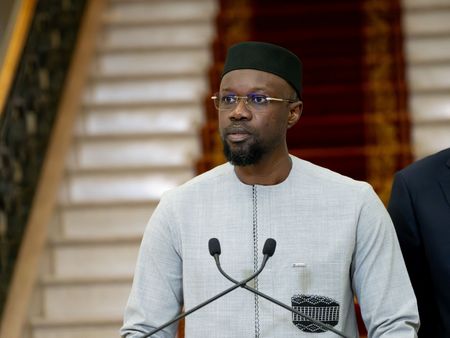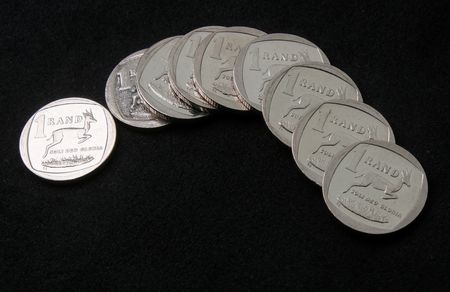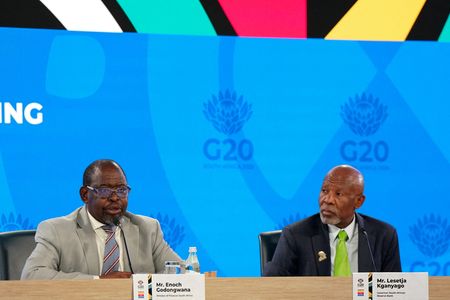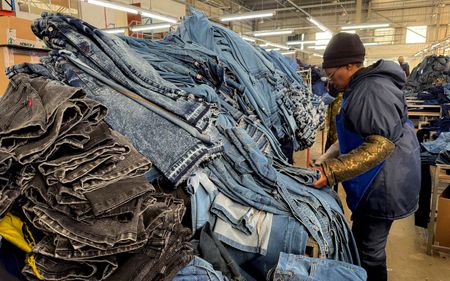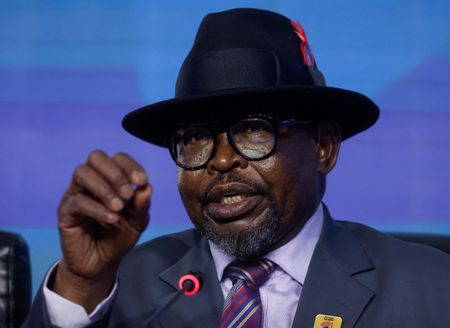By Nqobile Dludla and Alexander Winning
JOHANNESBURG (Reuters) -South African telecoms operator Vodacom won a partial court victory on Thursday in a 17-year legal battle over compensation potentially worth millions of dollars claimed by an ex-employee for his role in developing a lucrative call-back messaging service.
The ruling by South Africa’s Constitutional Court – its highest court – overturns a lower court decision and acknowledges procedural flaws in how the Supreme Court of Appeal (SCA) handled the case.
The Constitutional Court sent the matter back to the SCA to be re-heard by a different panel of judges, meaning that for the former employee, Nkosana Makate, his hopes for a definitive compensation decision are delayed yet again.
Vodacom had said last year the SCA’s judgment, if upheld, would negatively affect its network investment, coverage and social programmes.
The Constitutional Court said it had found a number of “fatal shortcomings” in the SCA’s judgment issued last year, saying it did not thoroughly deal with why Vodacom’s compensation offer was inequitable and accepted Makate’s calculations without question.
Vodacom had proposed 47 million rand ($2.6 million) compensation offer, but this was rejected by Makate, and the SCA ordered a new offer of between 5% and 7.5% of the total voice revenue generated from the “Please Call Me” service over two decades, based on a model set out by Makate.
Vodacom, a unit of Britain’s Vodafone, said it was pleased with the constitutional court’s judgment.
Asked by reporters on Thursday whether he was still confident he could convince the courts to award him a higher compensation amount, Makate said “definitely”. “I’m still resilient, I’ll forever be.”
This was the second time the case has appeared before the Constitutional Court. In 2016 it ruled Vodacom should determine a reasonable compensation through negotiations with Makate.
($1 = 18.0907 rand)
(Reporting by Nqobile Dludla and Alexander Winning; Editing by Louise Heavens and David Holmes)




